When we think about queer songs, we might think of music to cry to: A lot of the songs adopted as queer can be somber or lamenting; sadly nostalgic or tearfully sentimental. This is the stereotype, at least. Gays love a good song to theatrically weep to in bed while the dim purple light of a mid-century lamp casts shadows on our smudged eyeshadow. Or a song to shed a lone tear to whilst gazing out a bus window, reflecting sadly but maturely on the love we’ve lost, and imagining a camera filming us in this, the transitional scene of our character’s development.
Frank Ocean, Phoebe Bridgers, King Princess…we’ve even claimed Sufjan Stevens as part of our culture, for no reason other than we’ve collectively spent thousands of hours crying to his songs. (Well, his bedazzled costumes might have helped a little.)
It makes sense that we have an unquenchable thirst for miserable anthems (*gestures to government repression, a generation lost to the HIV/AIDS crisis, hate crimes, familial abandonment*). But there’s also a ton of music available on the other side of the spectrum: There’s a long tradition of queer and trans music that takes hurt, longing and desperation and channels it into rage and fury.
When hardcore punk subcultures were starting to gain steam in the 1980s and 1990s, queer bands like Tribe 8 and Pansy Division were busy as well. The waves of bands that integrated fast-paced, hard-edged music with a DIY ethic and sharply political, anti-homophobic messaging are retrospectively referred to as queercore or homocore. Today, queer people continue using angry, noisy, powerful hardcore music as a vehicle to express hurt and anger, explore their identities and reflect on their experiences. Modern angry queer music takes on many different shapes, sensibilities and genres.
Let’s explore some albums in which LGBTQ2S+ people use intense, noisy, powerful music as a way to express themselves. From horror-themed industrial rap to metallic grindcore to jazz-punk hip hop, today’s angry queer music moves beyond the categorical confines of queercore, using its enraged, tired and fabulously sassy approach to craft songs that hope for a better world. (Or, at the very least, for a nice corner of the party where you can chill out and look extravagant in your sexy Friday-night outfit.)
Abdu Ali: FIYAH!!!
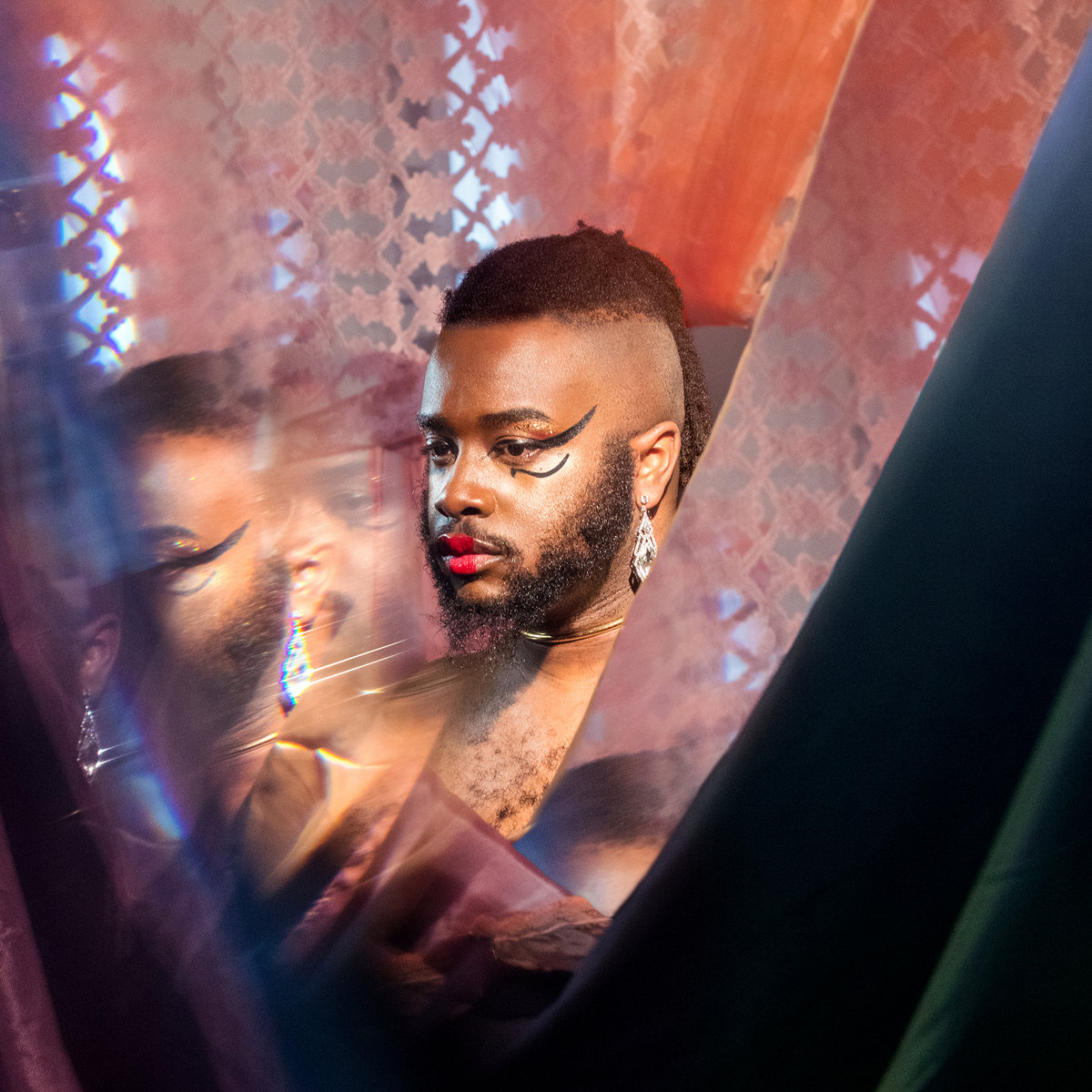
“Fuck you, fuck me,” shouts queer genre-bending Baltimore-based musician Abdu Ali in repetition, launching the first track of their deput LP, FIYAH!!!. The album is an exhilarating entanglement of musical traditions: Rap meets jazz meets soul, all wound together in a quintessentially punk sensibility. Each track thrusts the listener through the experience; the quick, driving percussion pushing you forward through dancing horns, keys and samples. Ali’s voice is the guiding light of it all, whether it’s drawn out in a melancholy mumble or whipped out with a sharpness that matches the drums. FIYAH!!! expertly bounces between tones, and the concepts elaborated are frequently exploratory and somewhat vulnerable in nature, and yet the noisy, punk power of the album is undeniable. “I’m gonna get mine, you better get yours, you better get yours, you better get yours,” Ali chants at the end of “DaWon,” their voice becoming more of a desperate snarl.
Backxwash: God Has Nothing to Do With This Leave Him Out of It
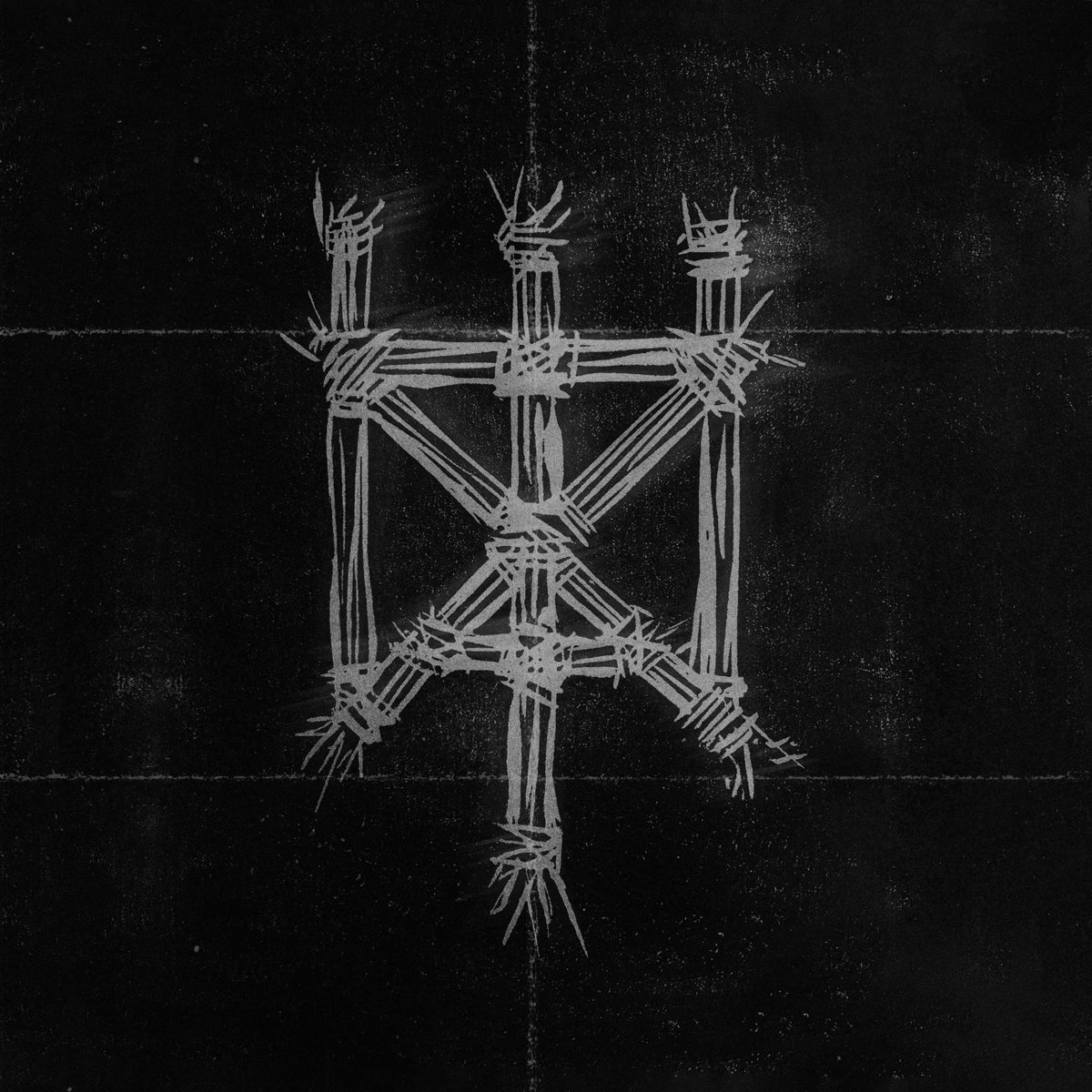
Heavy music from queer creators took front stage at the 2020 Polaris Awards when Montreal-based Backxwash took home album of the year for God Has Nothing to Do With This Leave Him Out of It. The spectacularly doom-evoking title does a great job of summarizing the moods encased within the album. Backxwash’s lyrics are spat forward with riveting, hypnotizing force, dripping with feeling and, occasionally, with spite. Beside them lie instrumentals that wouldn’t seem out of place in a Blade movie: Dark and industrial, sometimes scary, but nonetheless danceable and energized. The end product is an album that can be truly frightening, in a good way. The horror samples used heighten its spookiness, like the repeated “oh no, no, please God help me” that introduces the listener to the album.
Black Dresses: Forever in Your Heart
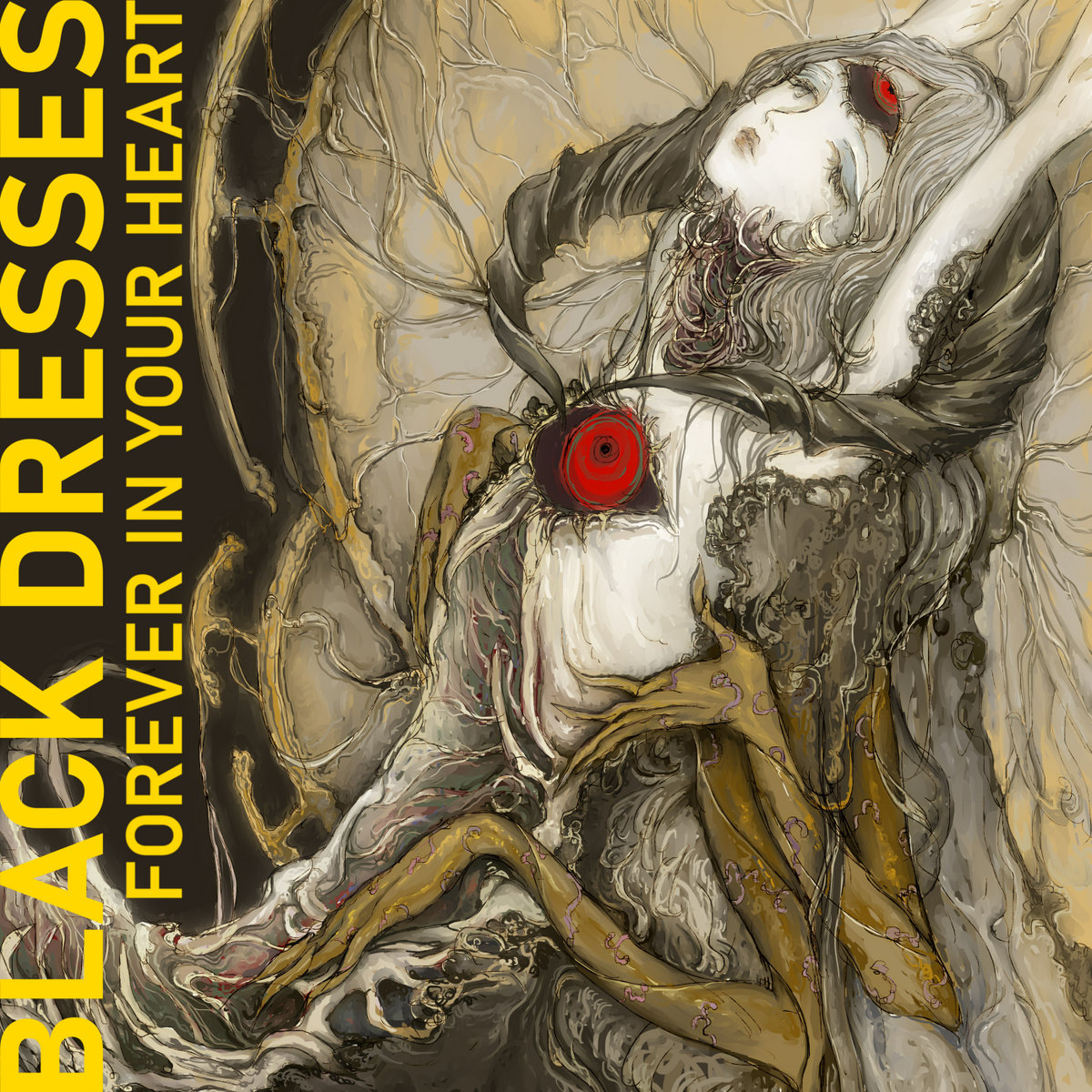
Toronto’s Black Dresses broke up in 2020, but they haven’t let this stop them from creating music together. The funny contradiction in which 2021’s Forever In Your Heart was created is kind of the thesis of the album: These things shouldn’t make any sense together, but somehow they work? The album is an absolute hailstorm—furious, flurried and liable to put a hole through your living room window. Nu-metal guitar riffs give way to chipper, bouncy synths, only to ricochet off into a steady noise-pop interval. It’s hard to say how the duo did it, but these quick tonal shifts don’t unmoor the listener—they’re maneuvered in the most natural way. The vocal performances from both musicians are utterly filthy in the best possible way, alive with shrieking, sharp passion. All of it is underscored by refrains as catchy as they are disturbed; for days after hearing, you’ll be blurting out lines like “I love feeling pain / Makes me feel like I’m going to heaven.”
dreamcrusher: Grudge2
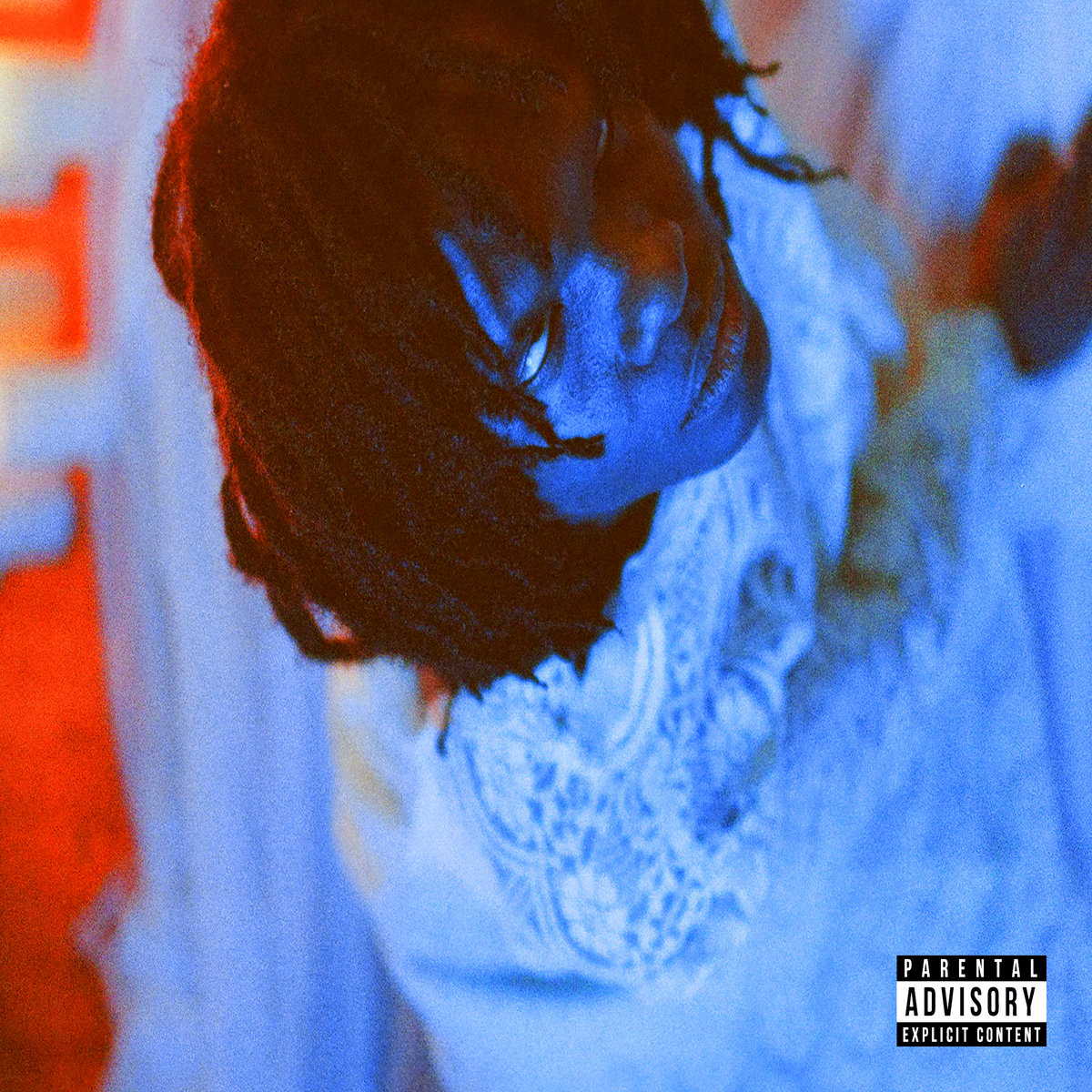
Brooklyn’s dreamcrusher makes music that you can both have mental breakdowns to and dance to—or dance to while mentally breaking down. The noise musician has been releasing music for years at a frenetic pace, publishing several EPs and mixtapes a year. Grudge2, released in 2018, is one of my favourites. It’s dreamcrusher at their best, marrying pulsing, thick, spectral blasts of noise with yelled vocals that seem to come from another realm, one beyond all the sound. It makes the listener feel that they’re witness to some bewildering ceremonial seance, one that’s somehow compulsively rhythmic and at times very danceable. All in a day’s work for the artist, who describes the result as “nihilist queer revolt musik.”
Mattachine: Isolation as a Form of Torture
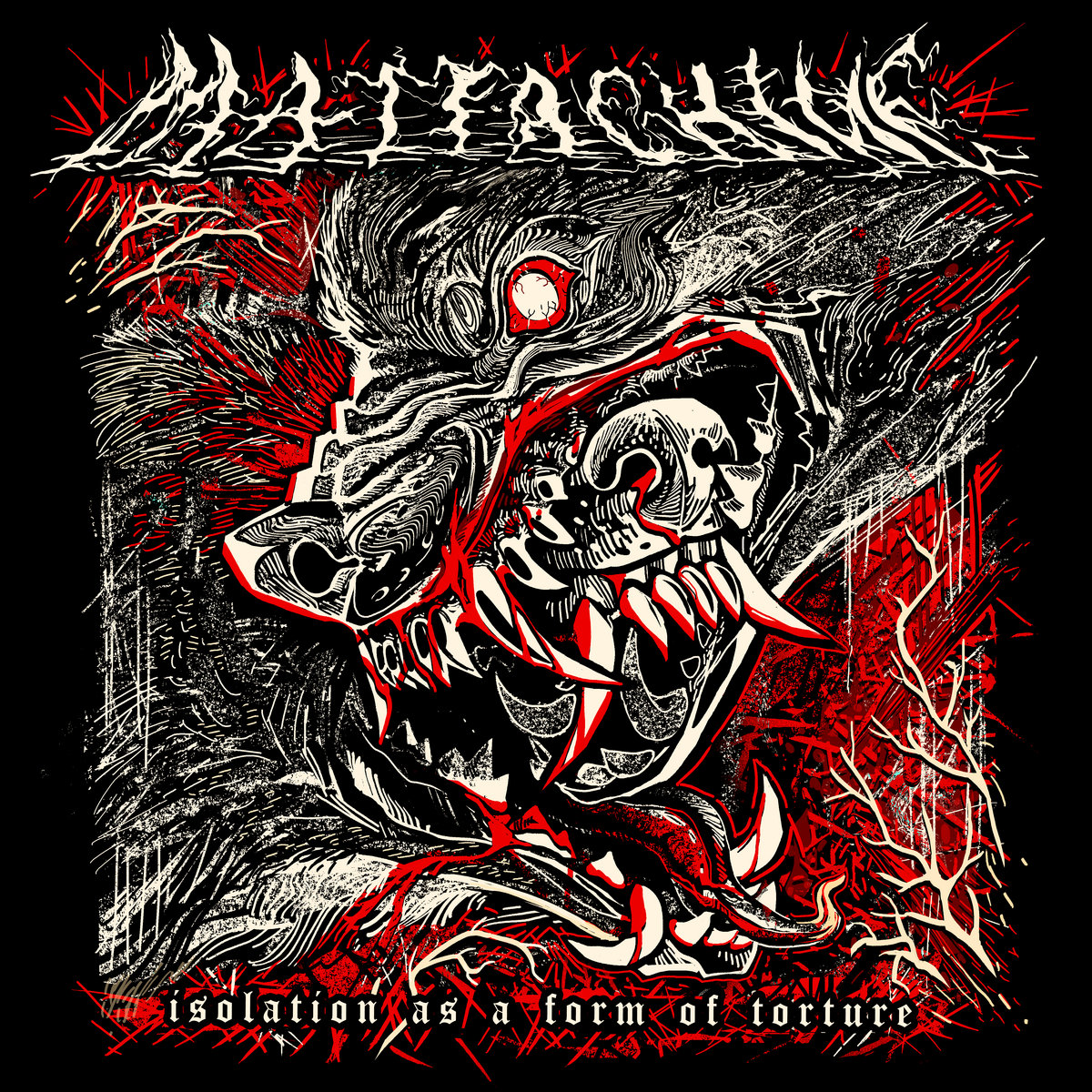
Mattachine gets back to the roots of the queercore movement, putting their own spin on the classic tradition. This project takes the baton directly from early bands like Limp Wrist. And despite being separated by decades and different socio-legal situations, they are all interested in one thing: Making hardcore songs that channel gay rage. Members of screamo bands Infant Island and Black Matter Device collaborated to create Mattachine with this purpose in mind, naming the project after The Mattachine Society—one of North America’s earliest LGBTQ2S+ organizations. With their debut EP Isolation as a Form of Torture, the band dresses up early queercore with influences from grind, screamo and metalcore. The brutal, scorching tracks direct ire at systemic and individual homophobia:
No matter how many times you call us faggots
No matter how many times you call us queers
No matter the number of us you murder for your entertainment
And no matter how many loads of bullshit that you shoot all over us
Just know that we’ll all sleep together
One day we’ll all sleep together rotting in the same fucking dirt.
SPACE CAMP: Overjoyed in This World

Don’t let the fun, lackadaisical messaging and artwork of Connecticut’s SPACE CAMP brand confuse you; the band makes music that punches you in the face with a frilly gloved, ornate jewelry wearing hand. On Overjoyed in This World, they create a soundtrack for a beautiful carnival at sunset, where the clowns-for-hire have all turned out to be vengeful and full of grudges. The noisy, chaotic, art-punk sound of SPACE CAMP is the kind of thing that tends to collapse under the weight of its ambitions when attempted by less worthy musicians. Two things make it work wonderfully here: The emotional severity with which the group plays, and their penchant for having great, silly fun. Song titles like “Fifth Grade Orchiectomy” are emblematic of the flair and camp that make SPACE CAMP’s music—if I might steal a line from them—“too pretty, too gay, too fucking fabulous.”
Uboa: The Flesh of the World

Uboa’s music manages to be simultaneously ethereal and material; spectral and flickering, it nonetheless settles around you like a heavy, dark shawl. Channeling feelings like dysphoria, boredom and paranoia, the Australia-based Xandra Metcalfe creates soundscapes that fluctuate between ambient and noisy to convey and release these dark emotions. The Flesh of the World is packed with punchy ’80s synths, layered vocals and absolutely massive blasts of raw noise. The production on the album is impossibly tight, giving each note a clarity of place and purpose that increases the emotional impact of the whole. The sentimentality and sadness of the songs build up and up until despairing anger breaks through, allowing for hope that we can break through to something more than defeat and misery.
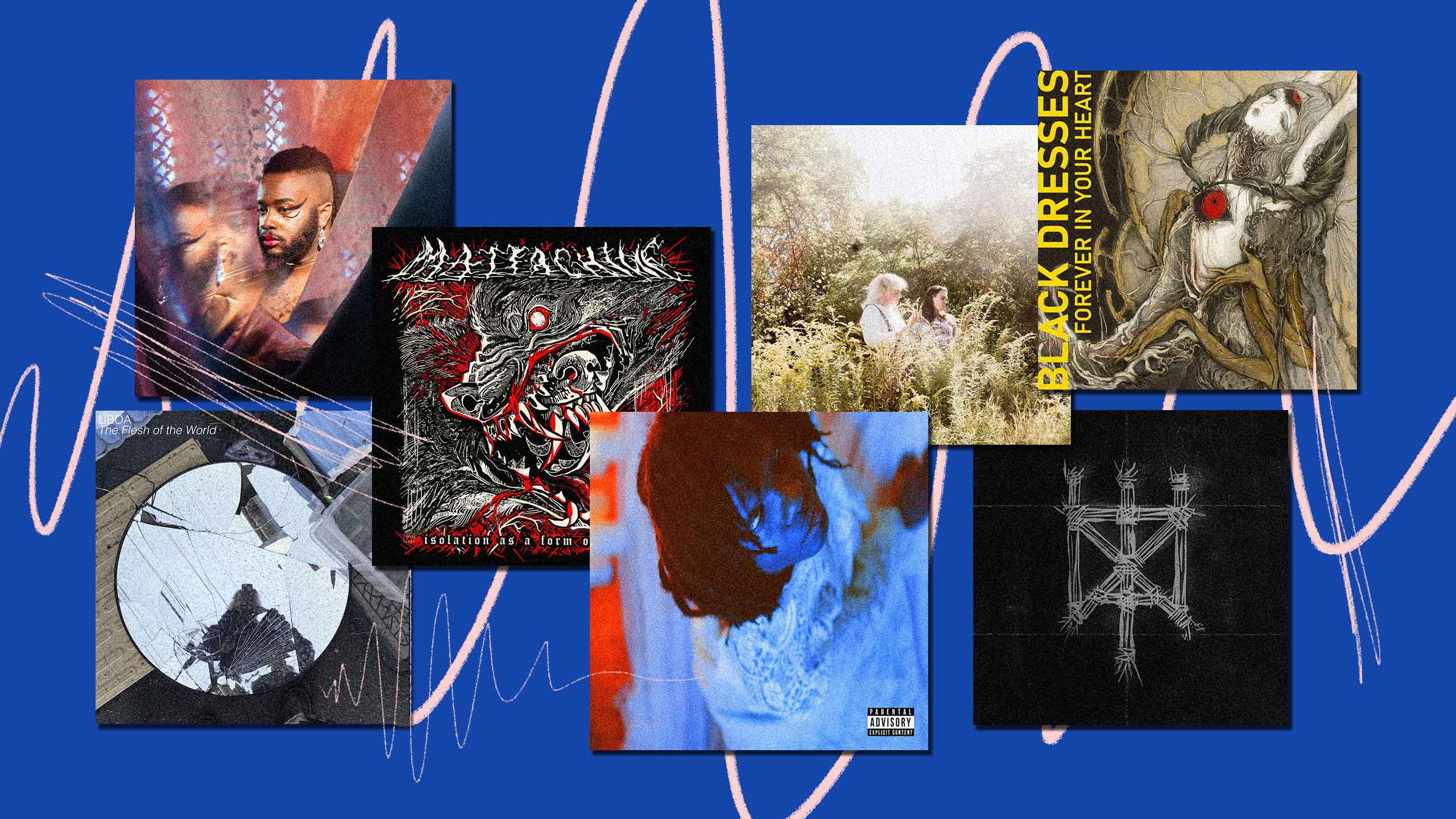

 Why you can trust Xtra
Why you can trust Xtra


